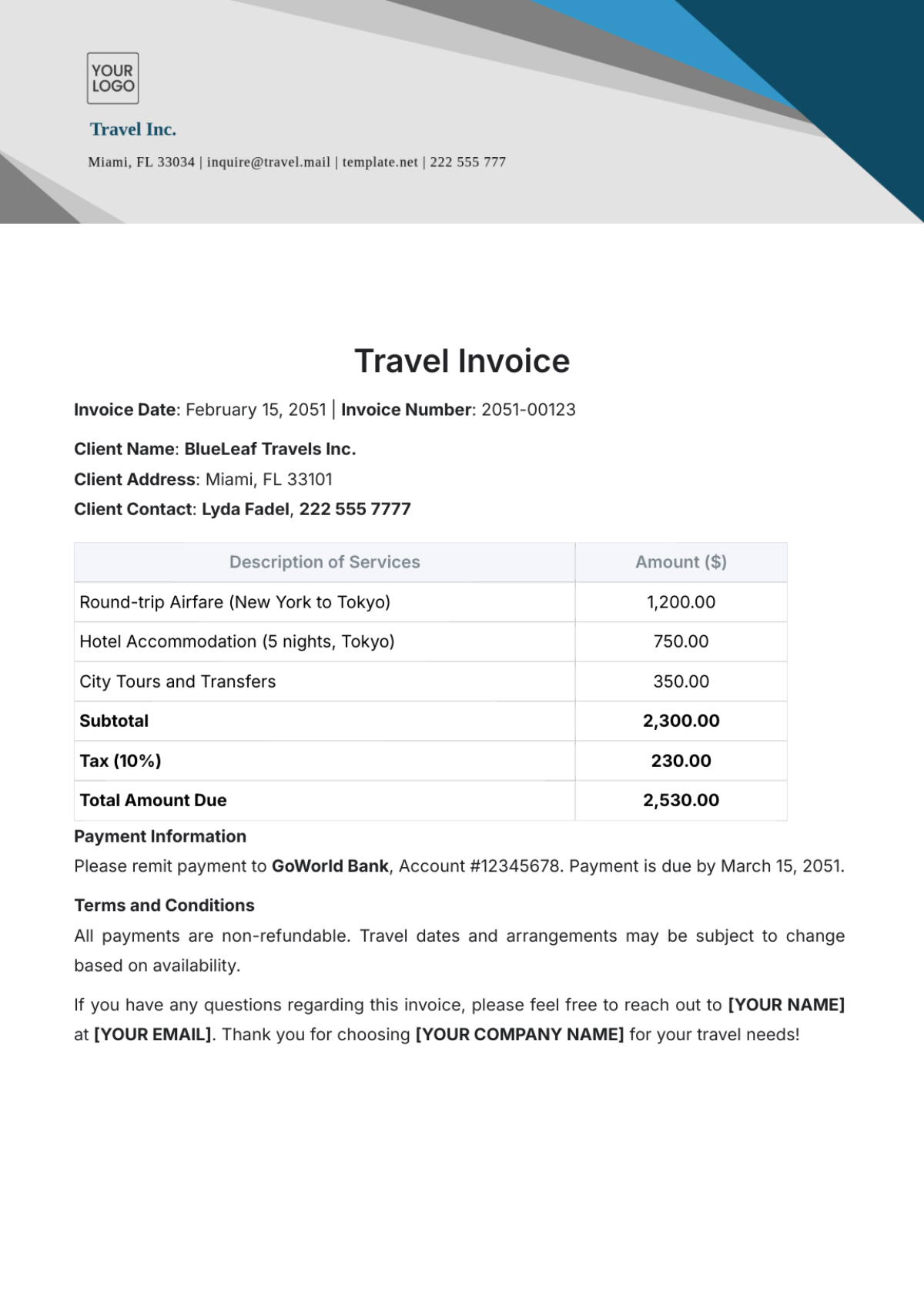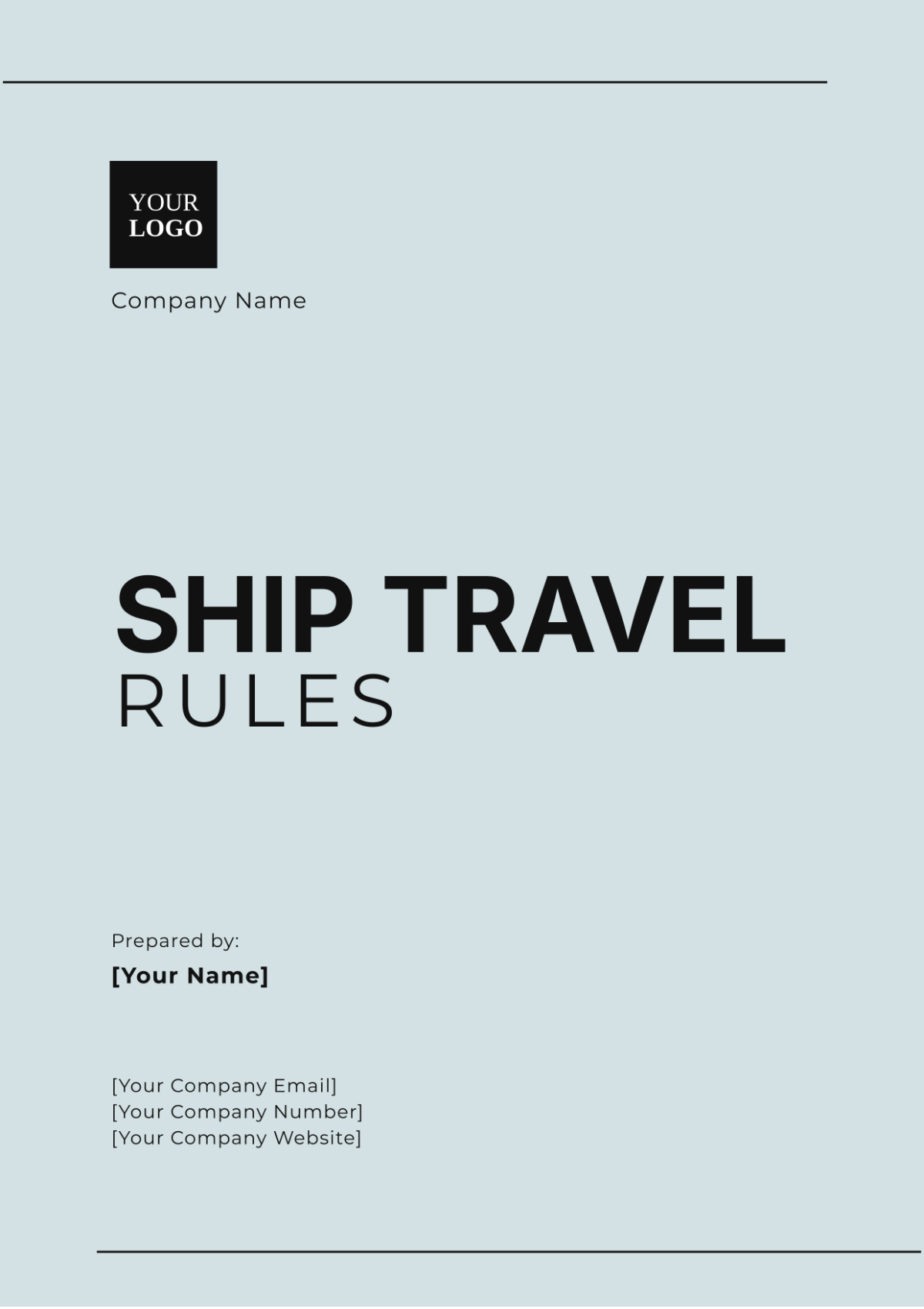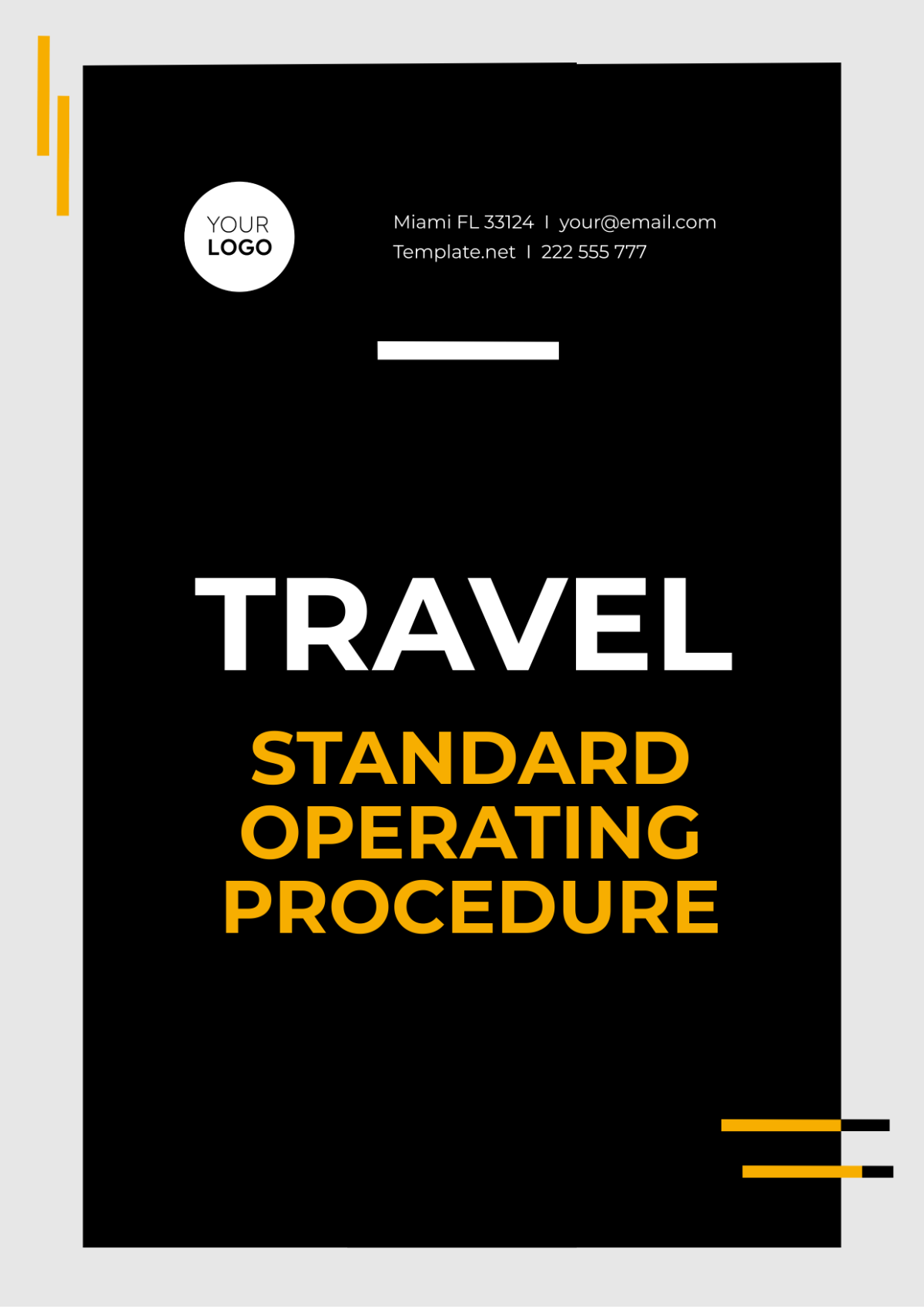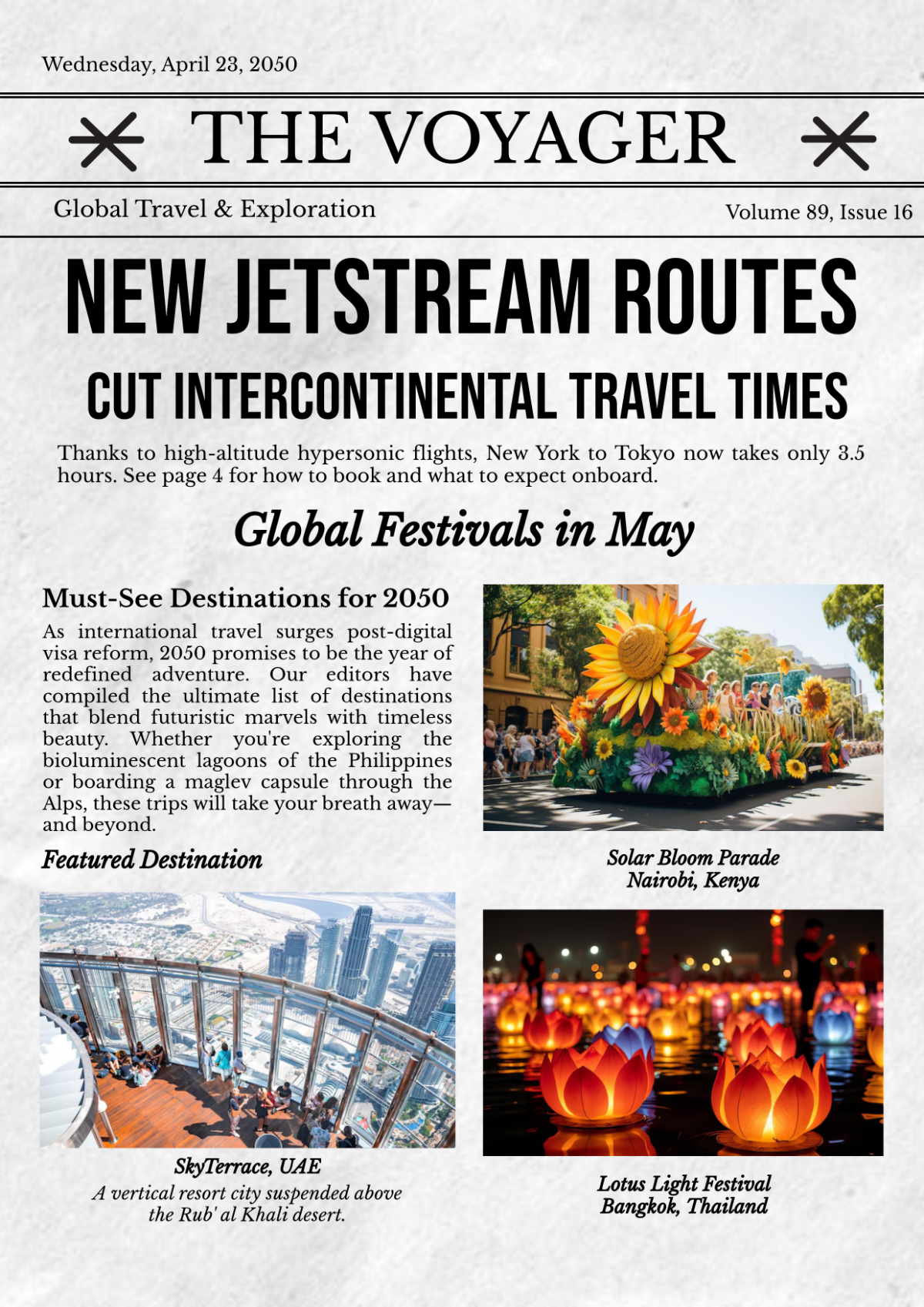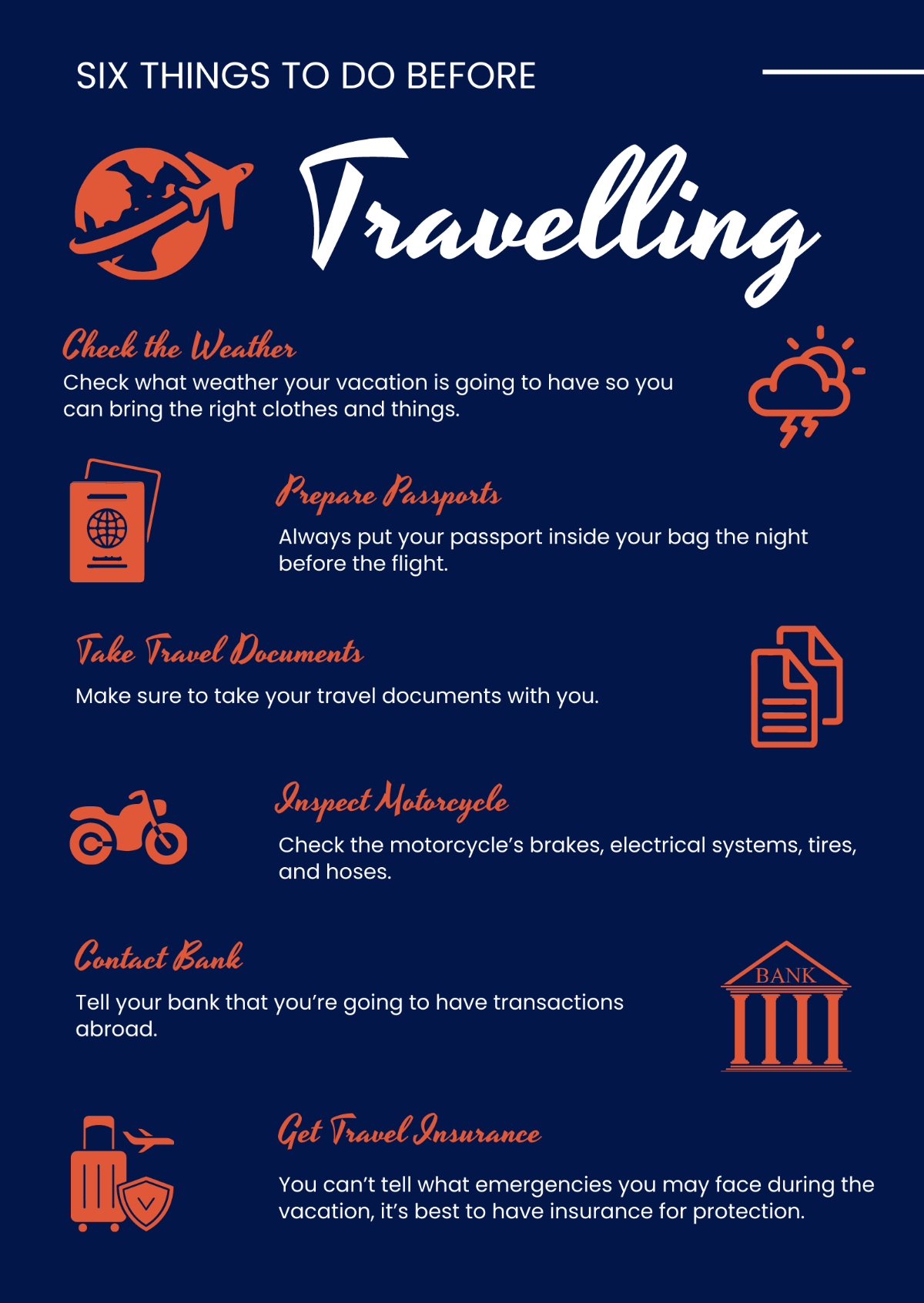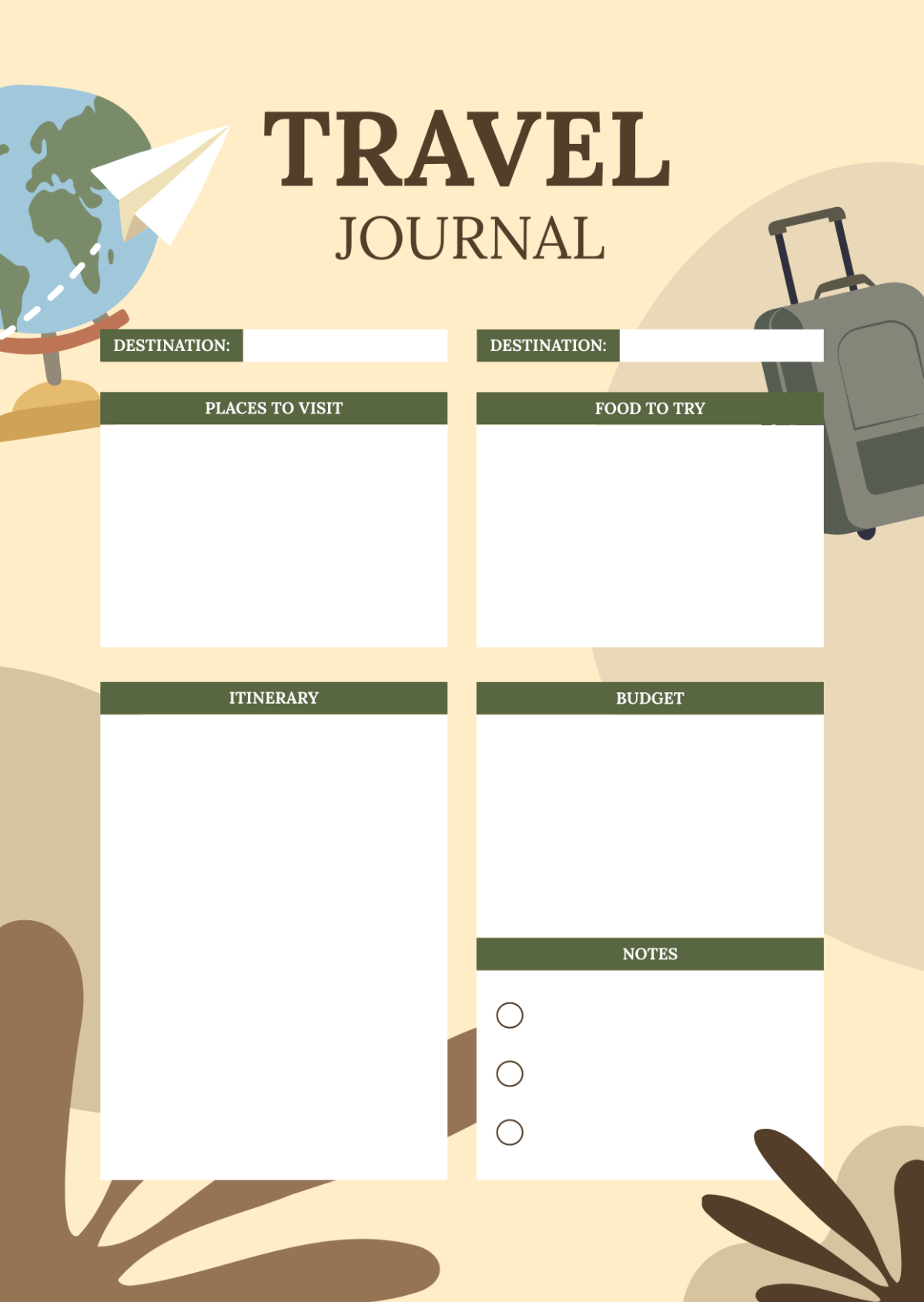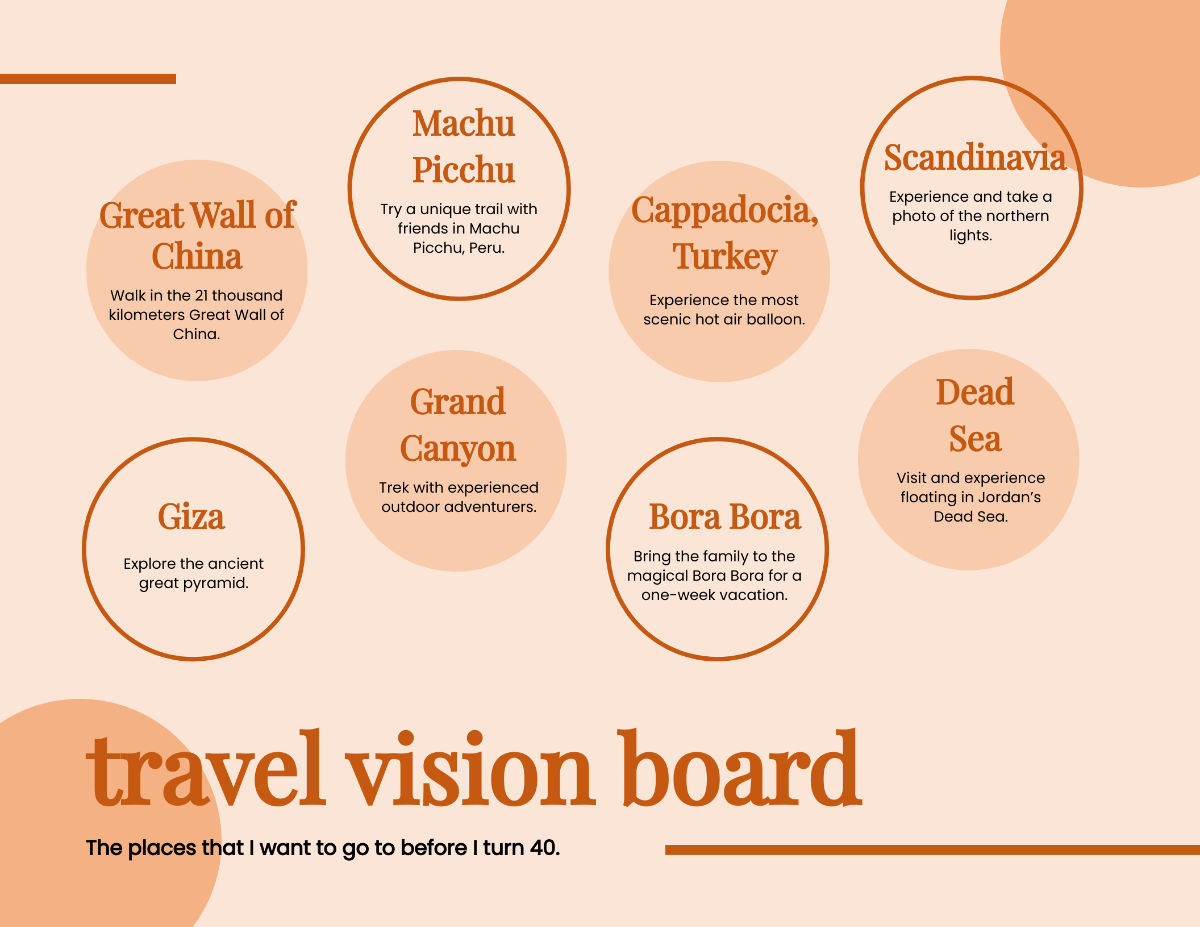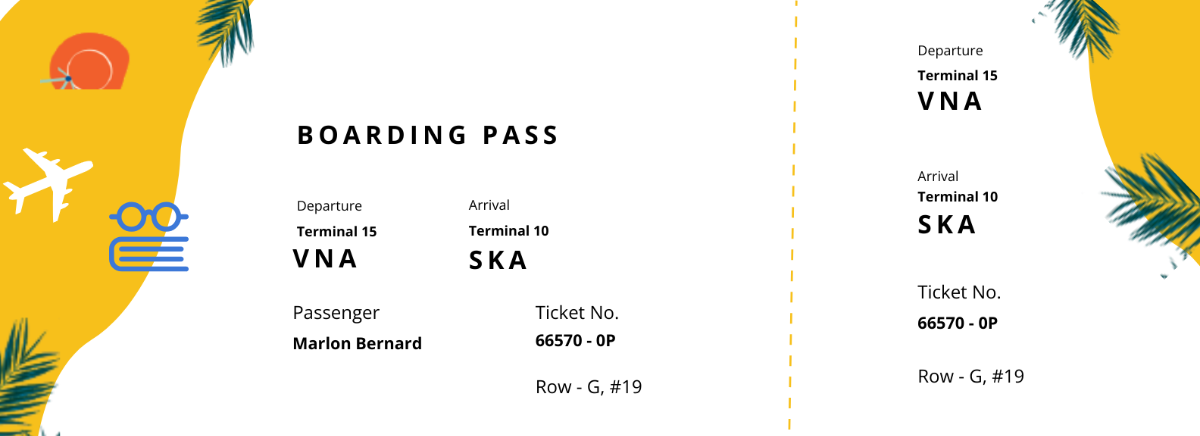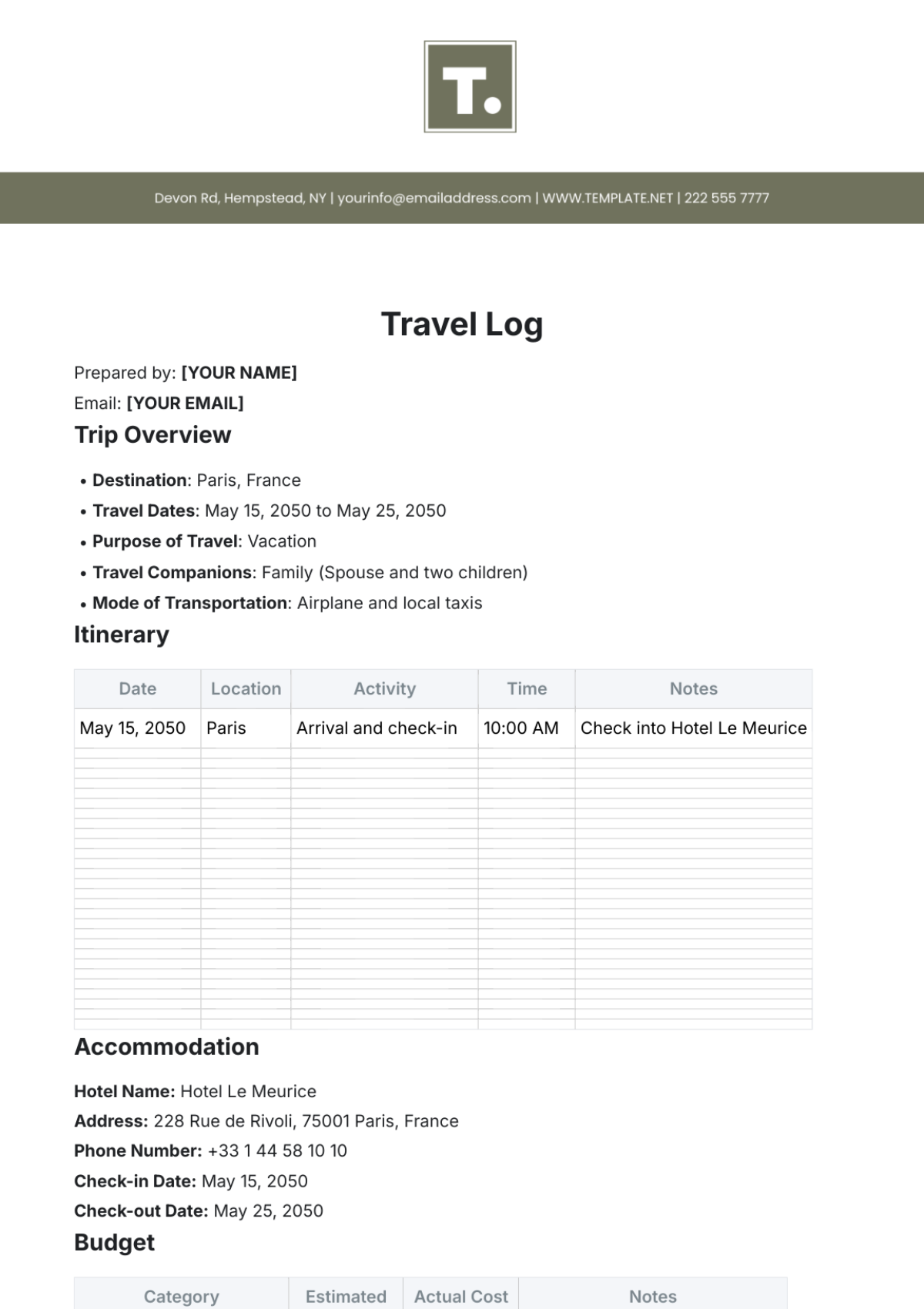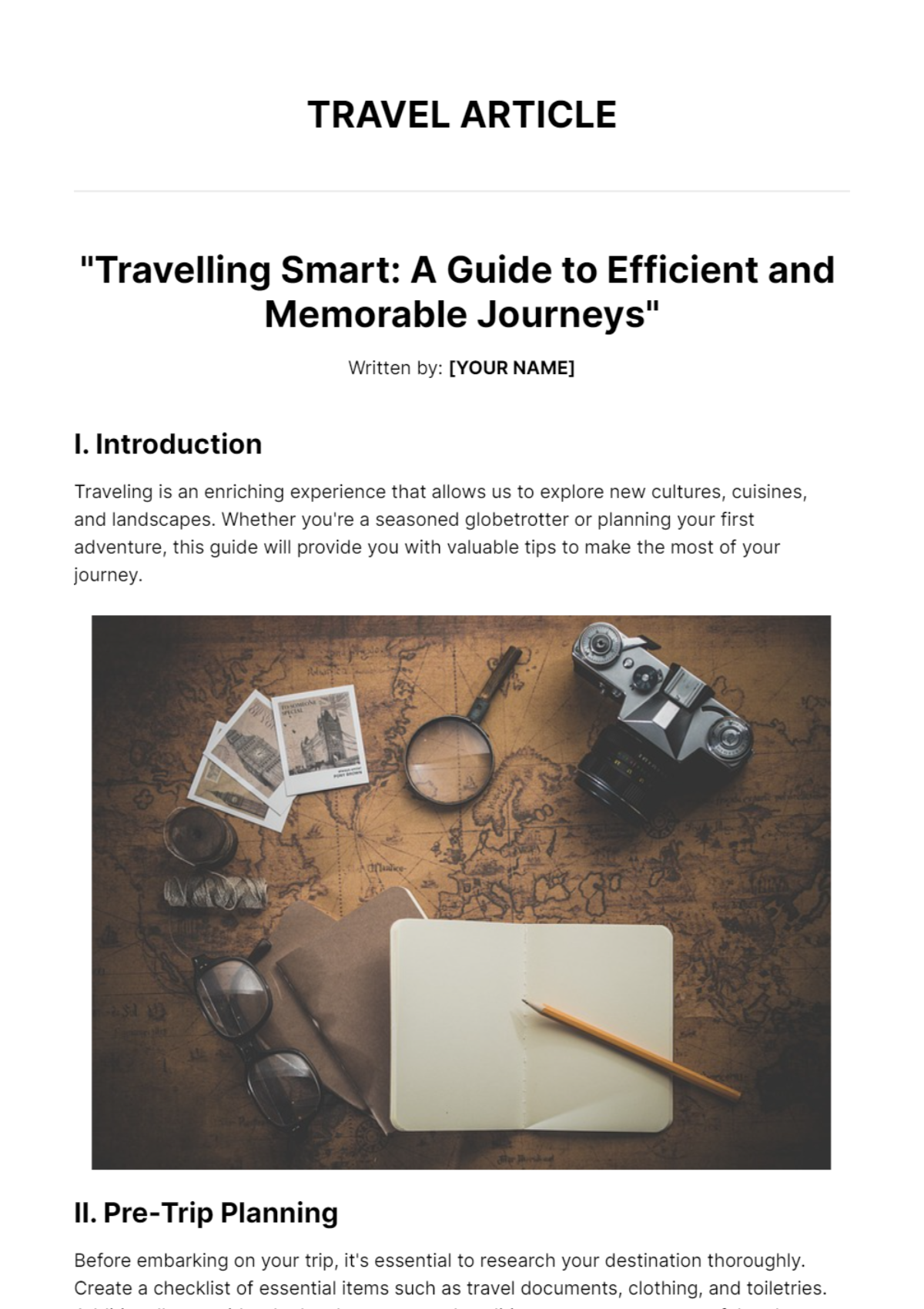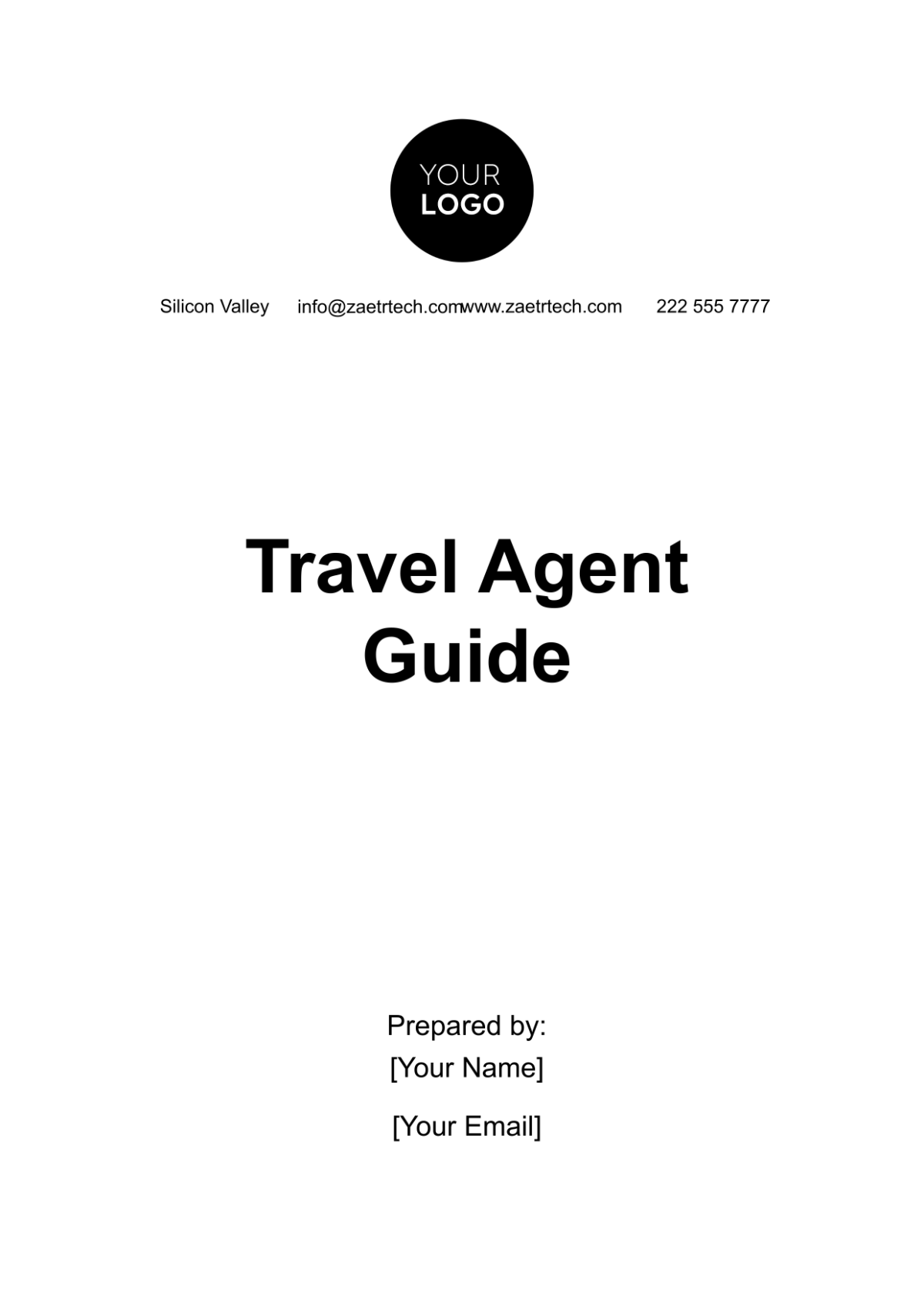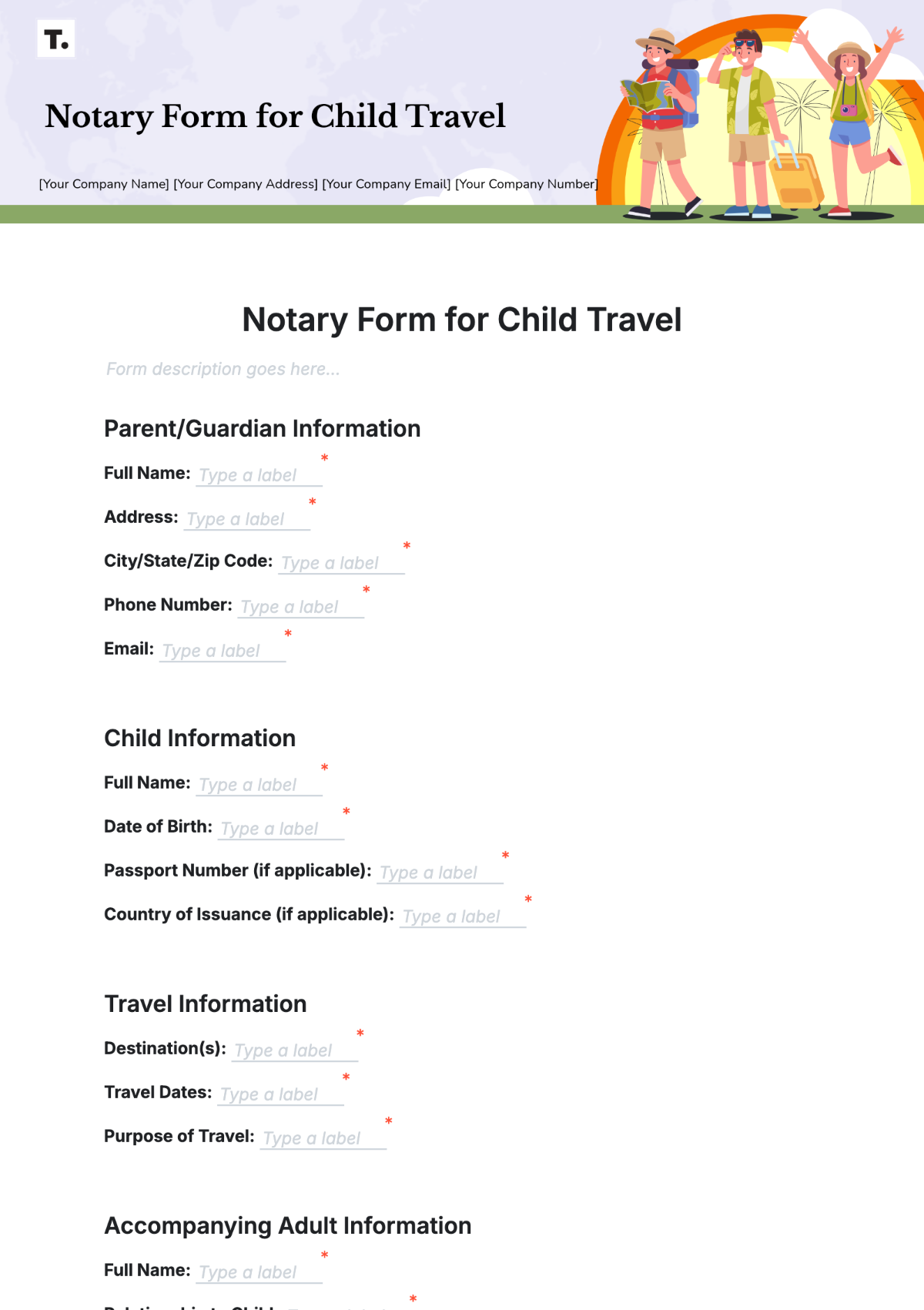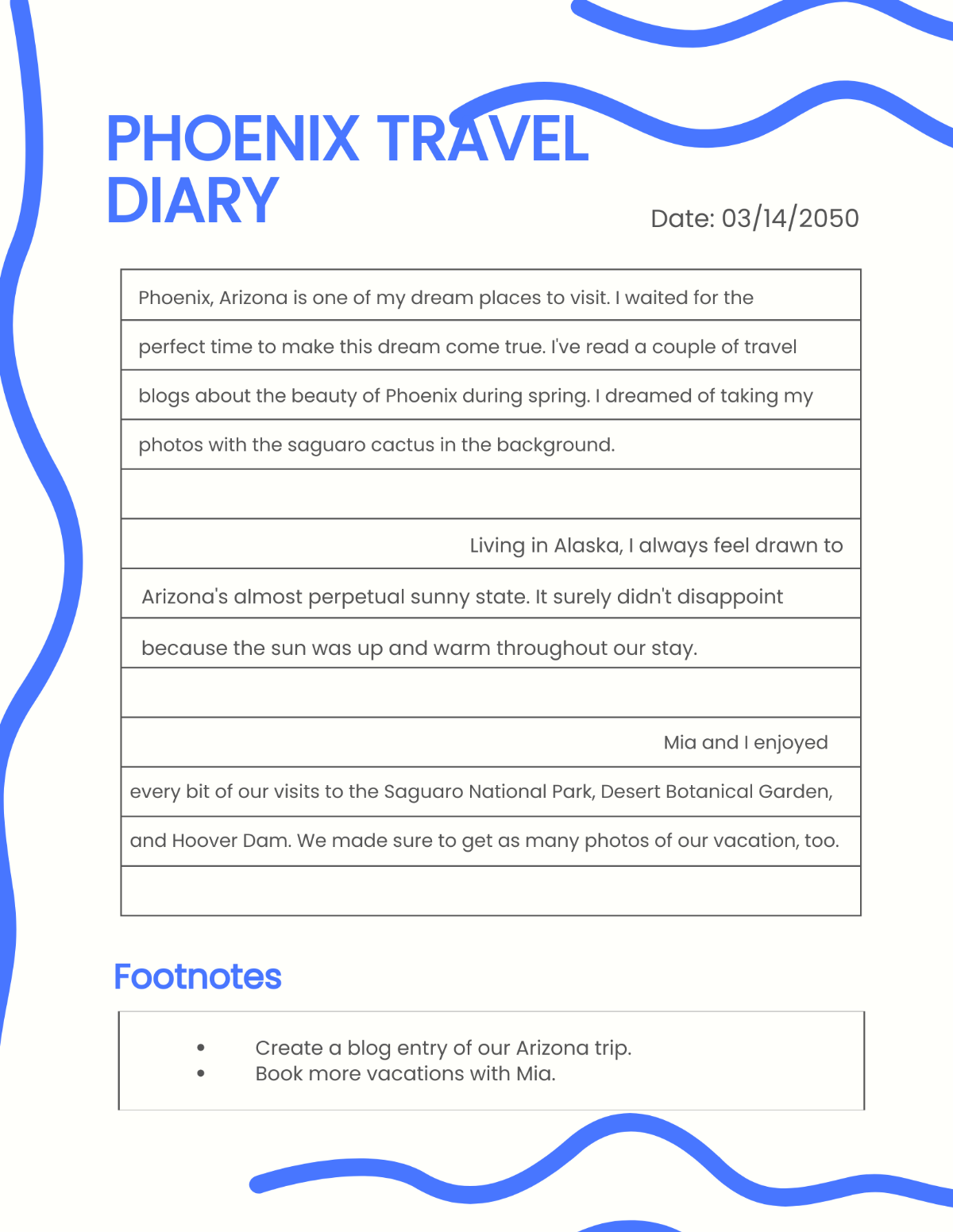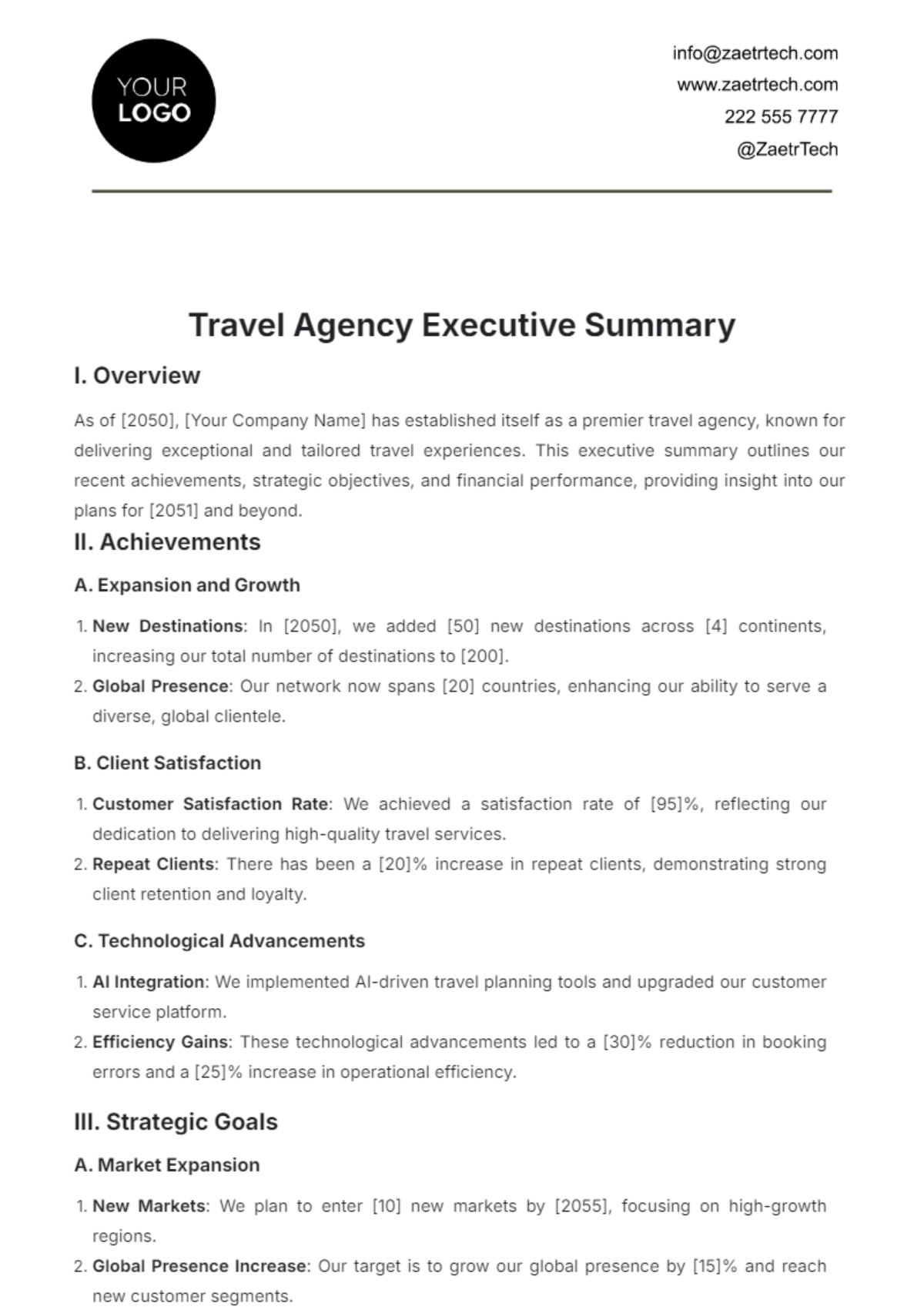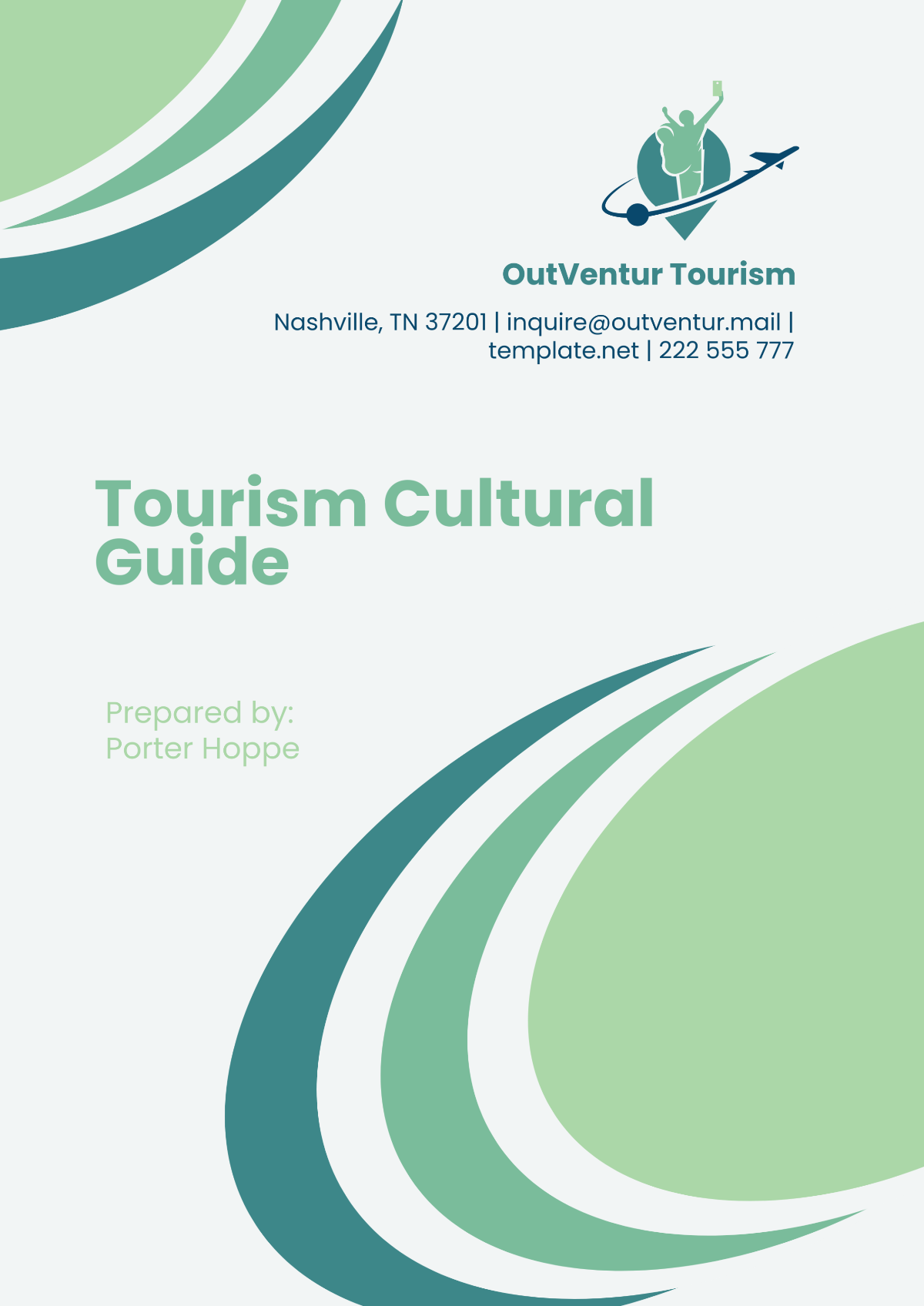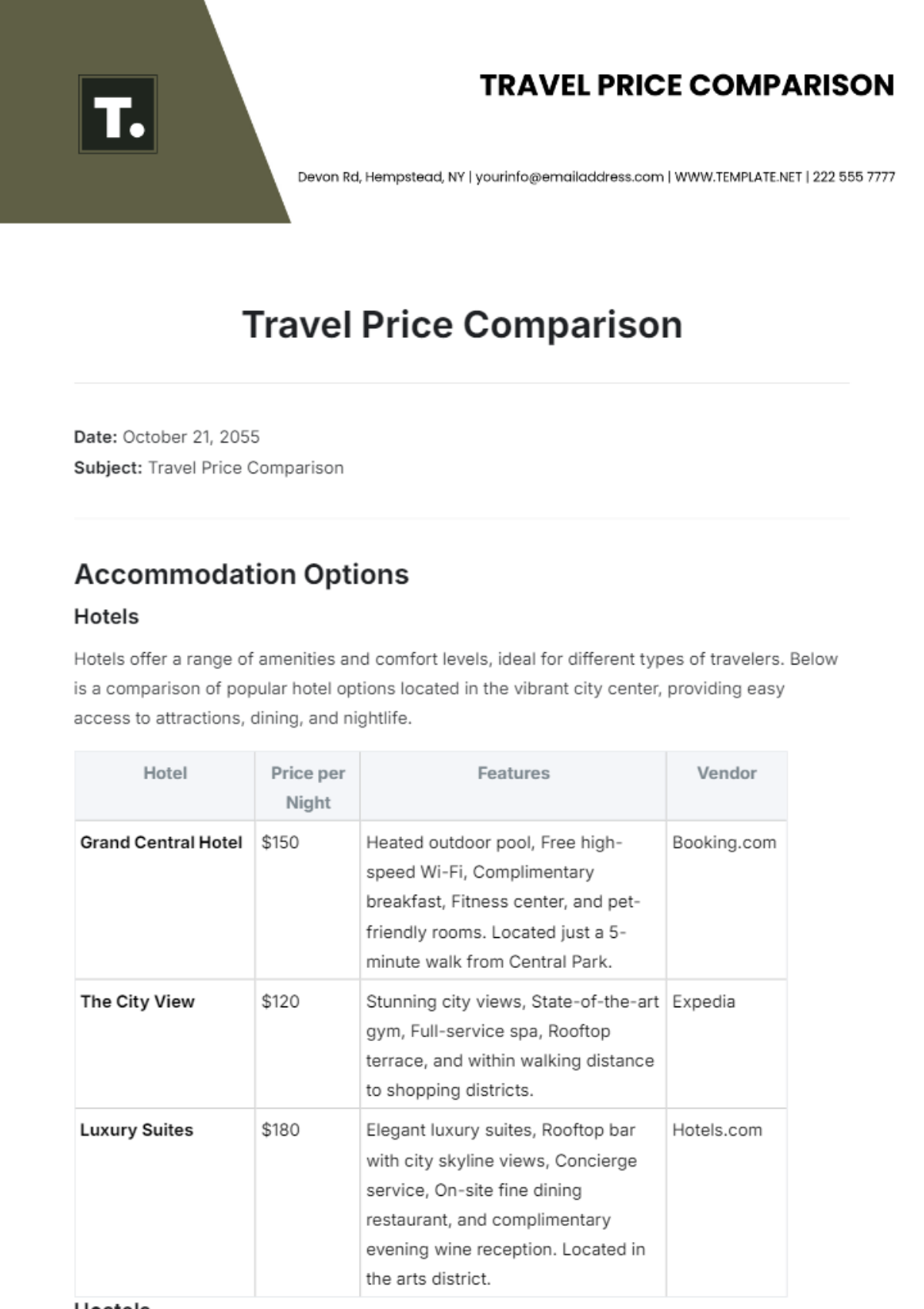I. Purpose
The purpose of the Hotel Customer Service Standard Operating Procedure (SOP) at [Your Company Name] is to establish consistent and exceptional service standards that enhance guest satisfaction and loyalty. This SOP provides comprehensive guidelines for all staff members to manage guest interactions effectively and professionally. By adhering to these standards, staff will ensure a memorable and positive experience for all visitors, thereby reinforcing our commitment to excellence.
This SOP aims to streamline service delivery, minimize errors, and promote a proactive approach to addressing guest needs and concerns. By implementing systematic procedures, we can maintain a high level of service quality and respond promptly to any issues that may arise. The SOP includes protocols for various scenarios, from check-in and check-out processes to handling complaints and special requests, ensuring a seamless and efficient service experience.
Additionally, this SOP serves to empower employees with the necessary tools and knowledge to perform their duties efficiently. Through regular training and adherence to these guidelines, staff will be well-equipped to meet and exceed guest expectations consistently. Ultimately, the objective is to uphold the hotel's reputation for excellence, foster long-term relationships with our guests, and create an environment where outstanding customer service is the norm.
II. Scope
This Standard Operating Procedure (SOP) applies to all employees of [Your Company Name] across all departments that interact directly or indirectly with hotel guests. It serves as a comprehensive guide to ensure a unified approach to guest service, promoting consistency and excellence in every aspect of hotel operations. Each department plays a critical role in delivering an outstanding guest experience, and adherence to this SOP is mandatory for all staff members.
Front Desk/Reception: The Front Desk/Reception team is the first point of contact for guests, responsible for check-in and check-out processes, handling reservations, and managing guest inquiries. This SOP provides detailed instructions on greeting guests warmly, efficiently processing their requests, and addressing any issues that arise during their stay. Reception staff must be knowledgeable about hotel services, local attractions, and be adept at providing accurate information to enhance the guest experience.
Housekeeping: Housekeeping staff are responsible for maintaining the cleanliness and orderliness of guest rooms and public areas. This SOP outlines the standards for room cleaning, linen replacement, and replenishing guest supplies. Housekeeping employees must follow strict hygiene protocols and ensure rooms are prepared to the highest standards before guest arrival. Additionally, they are trained to report any maintenance issues promptly and handle guest requests for extra amenities efficiently.
Food and Beverage Services: The Food and Beverage Services team includes restaurant staff, room service, and banquet personnel. This SOP details the procedures for taking orders, serving food and beverages, and ensuring a pleasant dining experience. Staff must adhere to hygiene and safety regulations, provide courteous and attentive service, and address any dietary restrictions or special requests from guests. The goal is to deliver a seamless and enjoyable culinary experience that complements the overall guest stay.
Concierge: Concierge staff are tasked with assisting guests with a variety of services, including booking tours, making restaurant reservations, and providing information about local attractions and events. This SOP emphasizes the importance of maintaining up-to-date knowledge of the local area and developing strong relationships with external service providers. Concierges must be proactive in anticipating guest needs and delivering personalized service to enhance their stay.
Maintenance: The Maintenance team is responsible for the upkeep of the hotel’s physical infrastructure, including guest rooms, public areas, and equipment. This SOP includes guidelines for routine inspections, timely repairs, and preventive maintenance activities. Maintenance staff must be diligent in addressing any reported issues promptly to ensure guest comfort and safety. Clear communication with other departments is essential to minimize disruptions and maintain a high standard of facility operation.
Security: Security staff play a crucial role in ensuring the safety and security of guests and hotel property. This SOP outlines the protocols for monitoring hotel premises, managing access control, and responding to emergencies. Security personnel must be vigilant, discreet, and trained in conflict resolution to handle any incidents professionally. Their presence and actions contribute significantly to a secure and welcoming environment for all guests.
III. Definitions
This section provides clear definitions of key terms used in the Hotel Customer Service Standard Operating Procedure (SOP) at [Your Company Name]. Understanding these terms is essential for all employees to ensure consistency and clarity in delivering outstanding guest service. Each term is defined comprehensively to eliminate ambiguity and promote a shared understanding among all staff members across various departments.
Guest: Any individual staying at or visiting the hotel. This term encompasses all types of guests, including those attending events, dining at the hotel’s restaurants, or using any of the hotel’s facilities.
Guest Interaction: Any form of communication or service provided to a guest. This includes face-to-face conversations, phone calls, emails, and any other form of contact between hotel staff and guests.
SOP (Standard Operating Procedure): A set of step-by-step instructions compiled by an organization to help workers carry out complex routine operations. SOPs aim to achieve efficiency, quality output, and uniformity of performance while reducing miscommunication and failure to comply with industry regulations.
Check-In Process: The procedure through which a guest registers their arrival at the hotel. This process involves verifying reservations, collecting necessary identification, and providing the guest with room keys and relevant information about their stay.
Check-Out Process: The procedure through which a guest completes their stay and departs from the hotel. This process includes settling any outstanding charges, collecting room keys, and obtaining feedback from the guest about their experience.
Reservation: An arrangement made in advance to secure accommodation, dining, or other services at the hotel. Reservations can be made through various channels, including the hotel’s website, phone, or third-party booking platforms.
Complaint Resolution: The process of addressing and resolving any issues or grievances raised by guests. This includes listening to the guest’s concerns, taking appropriate actions to resolve the problem, and following up to ensure guest satisfaction.
Concierge Services: Services provided by hotel staff to assist guests with various needs, such as making reservations, providing information about local attractions, and arranging transportation. Concierges aim to enhance the guest’s overall experience by offering personalized and efficient assistance.
Room Service: A service provided to guests, allowing them to order food and beverages to be delivered directly to their rooms. Room service includes taking orders, preparing food, and delivering it promptly and courteously.
Guest Feedback: Comments, opinions, and ratings provided by guests regarding their experience at the hotel. Guest feedback is collected through various means, such as surveys, comment cards, and online reviews, and is used to improve service quality and address any areas of concern.
IV. General Guidelines
To maintain the highest standards of customer service at [Your Company Name], all employees must follow these general guidelines. These principles ensure that every guest receives exceptional service, enhancing their overall experience and promoting loyalty. By adhering to these guidelines, employees contribute to a professional and welcoming environment, reinforcing the hotel's reputation for excellence and reliability.
Guideline | Description |
|---|---|
Greet every guest warmly and with a smile | Employees should always welcome guests with a friendly demeanor and a smile, creating a positive first impression and setting the tone for their stay. |
Maintain a professional appearance and demeanor at all times | Staff must adhere to the hotel's dress code and conduct themselves professionally, reflecting the hotel's high standards of service and hospitality. |
Listen actively to guest requests and concerns | Employees should practice active listening, ensuring they fully understand guest needs and concerns to provide effective and personalized service. |
Respond to guest inquiries promptly and accurately | Timely and accurate responses to guest inquiries are essential. Employees must be knowledgeable about hotel services and local attractions to assist guests. |
Ensure confidentiality and privacy of guest information | Protecting guest information is paramount. Employees must handle all personal and sensitive information with the utmost confidentiality and discretion. |
Be proactive in identifying and resolving potential issues | Staff should anticipate potential problems and address them proactively to prevent disruptions to the guest experience. |
Document and report all guest complaints and incidents to the supervisor | Any complaints or incidents should be promptly documented and reported to ensure they are addressed appropriately and to prevent recurrence. |
These guidelines are designed to foster a culture of excellence and professionalism at [Your Company Name], ensuring that every guest interaction is positive and contributes to their overall satisfaction. By consistently following these principles, employees help maintain a high standard of service that distinguishes the hotel as a preferred choice for guests.
V. Front Desk Operations
The front desk is the heart of guest interaction at [Your Company Name], serving as the primary point of contact for arrivals, departures, and various guest inquiries. Efficient and courteous front desk operations are crucial to ensuring a smooth and enjoyable guest experience. This section outlines the essential procedures for both check-in and check-out processes, ensuring consistency and excellence in service delivery.
1. Check-In Procedure
The check-in procedure is a guest's first experience with the hotel, setting the tone for their stay. By following these detailed steps, front desk staff can ensure a welcoming and efficient check-in process.
Step | Description |
|---|---|
Welcome the guest and verify their reservation | Greet the guest warmly, confirm their reservation details, and verify booking information to ensure accuracy. |
Collect necessary identification and payment details | Request valid identification and secure payment details, including credit card authorization, to complete the check-in process. |
Provide a brief overview of hotel amenities and services | Inform the guest about available amenities, such as dining options, fitness centers, and any special services offered. |
Issue room key and inform the guest of check-out times and policies | Hand over the room key, explain the check-out time, and review any hotel policies relevant to the guest's stay. |
2. Check-Out Procedure
The check-out procedure is the final touchpoint in the guest's stay, crucial for leaving a lasting positive impression. By following these steps, front desk staff can ensure a smooth and satisfactory departure for the guest.
Step | Description |
|---|---|
Confirm the guest's room number and retrieve their folio | Verify the guest's room number and access their account information to prepare the final bill. |
Review charges with the guest and address any discrepancies | Go over the bill with the guest, explain any charges, and resolve any discrepancies or concerns they might have. |
Accept payment and provide a receipt | Process the guest's payment, whether by cash, card, or other methods, and provide a detailed receipt for their records. |
Thank the guest for their stay and invite them to return | Express gratitude for the guest's visit, offer assistance with any final needs, and extend an invitation to return in the future. |
By adhering to these procedures, the front desk team at [Your Company Name] ensures a high standard of service that enhances guest satisfaction and loyalty. Each interaction is an opportunity to reinforce the hotel's commitment to excellence and to create a positive, lasting impression.
VI. Housekeeping Standards
Maintaining high standards of cleanliness and maintenance is essential for guest satisfaction and safety at [Your Company Name]. Housekeeping staff play a pivotal role in ensuring that all guest rooms and public areas are pristine, well-stocked, and functioning correctly. This section outlines the key procedures for daily room cleaning, supply replenishment, issue reporting, and guest privacy to ensure consistent service quality.
1. Daily Room Cleaning Checklist
A meticulous daily room cleaning routine is crucial for maintaining the highest standards of cleanliness and hygiene. By following a comprehensive checklist, housekeeping staff ensure that all areas of the guest rooms are thoroughly cleaned and sanitized, providing a welcoming and comfortable environment for guests.
Task | Description |
|---|---|
Dust all surfaces | Dust furniture, shelves, and fixtures to remove any dust accumulation. |
Vacuum floors | Vacuum carpets and rugs thoroughly, paying attention to corners and under furniture. |
Sanitize bathroom | Clean and disinfect all bathroom surfaces, including the toilet, sink, and shower or bathtub. |
Make beds | Change bed linens and make the bed neatly, ensuring a crisp, clean appearance. |
Empty trash bins | Remove all trash from the room and replace liners in waste bins. |
Check lighting and appliances | Ensure all lights and appliances are functioning correctly, replacing bulbs or reporting issues as needed. |
2. Replenishing Supplies
Ensuring that all guest rooms are well-stocked with essential supplies is key to maintaining guest comfort and satisfaction. Housekeeping staff should regularly check and replenish toiletries, linens, and complimentary items to meet guests' needs and enhance their overall experience.
Item | Description |
|---|---|
Toiletries | Refill soap, shampoo, conditioner, lotion, and other bathroom amenities. |
Linens | Replace used towels, bed linens, and bathrobes with fresh ones. |
Complimentary items | Replenish items such as coffee, tea, water bottles, and other complimentary offerings in the room. |
Cleaning supplies | Ensure the housekeeping cart is stocked with necessary cleaning agents and tools for efficient room cleaning. |
3. Maintenance Reporting
Promptly identifying and reporting maintenance issues is essential to maintaining a high standard of room quality and guest satisfaction. Housekeeping staff must be vigilant in spotting any problems and ensure they are reported to the engineering department for immediate resolution.
Task | Description |
|---|---|
Identify issues | Be vigilant in spotting maintenance issues such as leaks, broken fixtures, or malfunctioning equipment. |
Report promptly | Immediately report any identified issues to the engineering department with detailed descriptions. |
Follow up | Ensure that reported issues are addressed and resolved promptly, following up if necessary. |
By adhering to these housekeeping standards, staff at [Your Company Name] ensure that all rooms and public areas meet the highest levels of cleanliness and maintenance, contributing to a comfortable and enjoyable stay for every guest.
VII. Guest Complaint Handling
Effective guest complaint handling is crucial for maintaining high levels of guest satisfaction and loyalty at [Your Company Name]. Addressing complaints promptly and professionally ensures that issues are resolved efficiently, and guests feel valued and heard. This section outlines the essential steps for managing guest complaints, emphasizing attentive listening, appropriate documentation, prompt resolution, and thorough follow-up.
Step | Description |
|---|---|
Listen carefully to the guest's concerns without interruption | Allow the guest to express their concerns fully, showing empathy and understanding by listening attentively and without interrupting. |
Acknowledge the issue and apologize for any inconvenience caused | Recognize the guest's complaint and offer a sincere apology for the inconvenience they have experienced, demonstrating empathy and responsibility. |
Document the complaint in the guest service log | Record all details of the complaint in the guest service log, including the guest's name, room number, the nature of the issue, and any actions taken. |
Resolve the issue promptly or escalate to a supervisor if necessary | Take immediate action to resolve the complaint or escalate it to a supervisor if it requires further attention or authority. Ensure the guest is informed of the steps being taken. |
Follow up with the guest to ensure satisfaction | After resolving the issue, follow up with the guest to confirm that they are satisfied with the resolution and to thank them for bringing the matter to attention. |
1. Listening to Guest Concerns
A key aspect of handling guest complaints effectively is listening attentively to their concerns. This not only helps in understanding the issue accurately but also demonstrates to the guest that their feedback is valued and taken seriously.
Task | Description |
|---|---|
Provide undivided attention | Focus entirely on the guest, maintaining eye contact and nodding to show understanding and engagement. |
Avoid interruptions | Let the guest speak without interruptions, allowing them to fully express their concerns and frustrations. |
Take notes | Jot down key points mentioned by the guest to ensure all aspects of the complaint are addressed. |
2. Acknowledging and Apologizing
Acknowledging the guest's issue and offering a genuine apology is essential in de-escalating the situation and showing empathy.
Task | Description |
|---|---|
Acknowledge the issue | Clearly state that you understand the problem and acknowledge the inconvenience it has caused. |
Offer a sincere apology | Apologize genuinely for the inconvenience, ensuring the guest knows that their comfort and satisfaction are priorities. |
Express empathy | Show empathy by expressing understanding of the guest's frustration or disappointment. |
3. Documenting the Complaint
Accurate documentation of guest complaints is vital for tracking recurring issues and ensuring accountability.
Task | Description |
|---|---|
Record guest details | Include the guest's name, room number, and contact information in the log. |
Detail the complaint | Provide a comprehensive description of the issue, including the time, date, and any relevant circumstances. |
Note actions taken | Document any immediate actions taken to address the complaint and any further steps planned. |
4. Resolving the Issue or Escalating
Swift and effective resolution of complaints is key to maintaining guest satisfaction. If the issue cannot be resolved immediately, it should be escalated appropriately.
Task | Description |
|---|---|
Take immediate action | Address the complaint promptly, using available resources to resolve the issue. |
Inform the guest | Keep the guest informed about the actions being taken to resolve their complaint. |
Escalate if necessary | If the complaint requires higher authority or expertise, escalate it to a supervisor or the appropriate department. |
5. Following Up with the Guest
Following up with the guest ensures that the resolution was satisfactory and demonstrates ongoing commitment to guest satisfaction.
Task | Description |
|---|---|
Check guest satisfaction | Contact the guest after the issue has been resolved to confirm they are satisfied with the outcome. |
Thank the guest | Express gratitude to the guest for their patience and for bringing the issue to your attention. |
Record follow-up | Document the follow-up conversation and the guest's feedback in the guest service log. |
By following these guidelines for guest complaint handling, staff at [Your Company Name] can ensure that all guest issues are addressed effectively, enhancing overall guest satisfaction and loyalty.
VIII. Training and Development
Continuous training and development are essential for maintaining high standards of service at [Your Company Name]. By regularly updating employees on customer service techniques, hotel policies, safety protocols, and communication skills, we ensure that our staff are well-equipped to provide exceptional service. This section outlines the key components of our ongoing training programs, emphasizing the importance of each area in enhancing employee performance and guest satisfaction.
Training Program Component | Description |
|---|---|
Customer service techniques and best practices | Training on the latest customer service strategies to ensure staff can meet and exceed guest expectations consistently. |
Hotel policies and procedures | Comprehensive education on hotel-specific policies and procedures to maintain consistency and adherence to standards. |
Emergency response and safety protocols | Instruction on safety protocols and emergency response procedures to ensure guest and staff safety in all situations. |
Effective communication skills | Development of strong communication skills to enhance interactions with guests and colleagues, promoting clear and positive exchanges. |
1. Customer Service Techniques and Best Practices
Regular training in customer service techniques and best practices ensures that staff can consistently deliver exceptional service. This component focuses on equipping employees with the skills needed to handle various guest interactions professionally and effectively.
Training Aspect | Description |
|---|---|
Understanding guest needs | Techniques for identifying and understanding guest preferences and requirements. |
Handling difficult situations | Strategies for managing challenging interactions with guests calmly and effectively. |
Personalizing service | Methods for tailoring service to individual guest needs to enhance their experience. |
2. Hotel Policies and Procedures
A thorough understanding of hotel policies and procedures is crucial for maintaining consistency and compliance. This training ensures that all employees are knowledgeable about the standards and protocols specific to [Your Company Name].
Training Aspect | Description |
|---|---|
Operational procedures | Detailed instruction on daily operational tasks and responsibilities. |
Compliance and regulations | Information on relevant laws, regulations, and hotel policies that must be adhered to. |
Quality standards | Emphasis on maintaining the high-quality standards set by the hotel in all areas of service. |
3. Emergency Response and Safety Protocols
Training on emergency response and safety protocols ensures that employees can effectively handle any situation that may arise, protecting both guests and staff. This component covers a wide range of safety and emergency scenarios.
Training Aspect | Description |
|---|---|
Emergency procedures | Step-by-step protocols for responding to emergencies, such as fires, medical incidents, and evacuations. |
Safety equipment use | Instruction on the proper use of safety equipment and emergency tools. |
Regular drills | Conducting regular safety drills to ensure preparedness and quick response in actual emergencies. |
4. Effective Communication Skills
Developing effective communication skills is essential for enhancing interactions with guests and colleagues. This training focuses on improving verbal and non-verbal communication to ensure clear and positive exchanges.
Training Aspect | Description |
|---|---|
Active listening | Techniques for listening attentively and responding appropriately to guest and colleague communications. |
Clear and concise communication | Training on expressing information clearly and concisely to avoid misunderstandings. |
Professional etiquette | Guidance on maintaining professional and courteous communication at all times. |
By implementing these comprehensive training programs, [Your Company Name] ensures that all employees are equipped with the knowledge and skills necessary to provide exceptional service, adhere to hotel policies, respond effectively in emergencies, and communicate proficiently. Continuous development in these areas contributes to a professional, safe, and welcoming environment for both guests and staff.
IX. Performance Monitoring
Ensuring adherence to the Standard Operating Procedure (SOP) is crucial for maintaining high service standards at [Your Company Name]. Regular performance evaluations help identify areas for improvement and reinforce best practices. This section outlines the key methods for monitoring employee performance, emphasizing the importance of guest feedback, mystery shopper programs, managerial reviews, and staff self-assessment.
Performance Monitoring Method | Description |
|---|---|
Guest feedback and satisfaction surveys | Collecting and analyzing feedback from guests to gauge satisfaction and identify service improvement areas. |
Mystery shopper programs | Utilizing undercover evaluators to assess the quality of service and adherence to SOP without staff knowledge. |
Managerial observations and reviews | Conducting regular reviews and observations by managers to monitor staff performance and ensure compliance with SOP. |
Staff self-assessment and peer feedback | Encouraging employees to assess their own performance and provide feedback to peers to promote continuous improvement. |
1. Guest Feedback and Satisfaction Surveys
Collecting guest feedback is vital for understanding their experience and improving service quality. This method involves soliciting and analyzing feedback to identify strengths and areas needing enhancement.
Method Aspect | Description |
|---|---|
Surveys at check-out | Distributing satisfaction surveys to guests at check-out to gather immediate feedback on their stay. |
Online reviews | Monitoring and responding to reviews on online platforms to understand guest perceptions and address any issues. |
Direct guest comments | Encouraging guests to provide direct comments and suggestions during their stay. |
2. Mystery Shopper Programs
Mystery shopper programs involve undercover evaluators posing as guests to assess service quality and SOP adherence. This method provides unbiased insights into the guest experience.
Method Aspect | Description |
|---|---|
Unannounced visits | Conducting unannounced visits by mystery shoppers to evaluate real-time service performance. |
Detailed reporting | Receiving comprehensive reports from mystery shoppers detailing their observations and experiences. |
Actionable feedback | Using the feedback to address identified gaps and reinforce successful practices. |
3. Managerial Observations and Reviews
Regular managerial observations and reviews are essential for ongoing performance monitoring. Managers play a key role in ensuring that staff adhere to SOPs and maintain high service standards.
Method Aspect | Description |
|---|---|
Scheduled evaluations | Conducting scheduled performance evaluations to review staff adherence to SOPs and overall service quality. |
On-the-spot observations | Performing impromptu observations to assess day-to-day performance and address immediate concerns. |
Feedback sessions | Holding regular feedback sessions with staff to discuss performance, provide guidance, and set improvement goals. |
4. Staff Self-Assessment and Peer Feedback
Encouraging staff to engage in self-assessment and peer feedback fosters a culture of continuous improvement and accountability. This method helps employees identify their strengths and areas for development.
Method Aspect | Description |
|---|---|
Self-assessment tools | Providing structured self-assessment tools for employees to evaluate their own performance. |
Peer review sessions | Facilitating peer review sessions where staff can provide constructive feedback to each other. |
Continuous improvement plans | Developing continuous improvement plans based on self-assessment and peer feedback to guide professional development. |
By implementing these performance monitoring methods, [Your Company Name] ensures that all staff consistently adhere to the SOP, providing high-quality service and enhancing guest satisfaction. Regular evaluations, combined with actionable feedback, foster a culture of excellence and continuous improvement.
X. Continuous Improvement
[Your Company Name] is committed to a culture of continuous improvement, ensuring that our service standards and procedures evolve to meet and exceed guest expectations. We actively encourage all staff members to contribute suggestions for enhancing service delivery and operational efficiency. By fostering an environment where feedback is valued and acted upon, we aim to continually refine our practices and maintain our reputation for excellence.
Regular meetings will be conducted to review and update this SOP, incorporating input from staff and analyzing performance data. These meetings provide a platform for discussing new ideas, addressing challenges, and implementing changes that can drive improvement. Through systematic reviews and updates, we ensure that our procedures remain relevant and effective, adapting to industry trends and guest needs.
In addition to staff suggestions and regular reviews, [Your Company Name] will leverage guest feedback and performance monitoring results to identify areas for improvement. By integrating insights from various sources, we can develop targeted strategies for enhancing service quality. This holistic approach to continuous improvement not only benefits our guests but also empowers our employees to contribute to the hotel’s ongoing success.
XI. Document Control
This document is maintained by the [Your Department] and shall be reviewed annually or as required. For any revisions, please contact [Your Name] at [Your Company Email].
Issued by: [Your Company Name]
Date: [Date]

